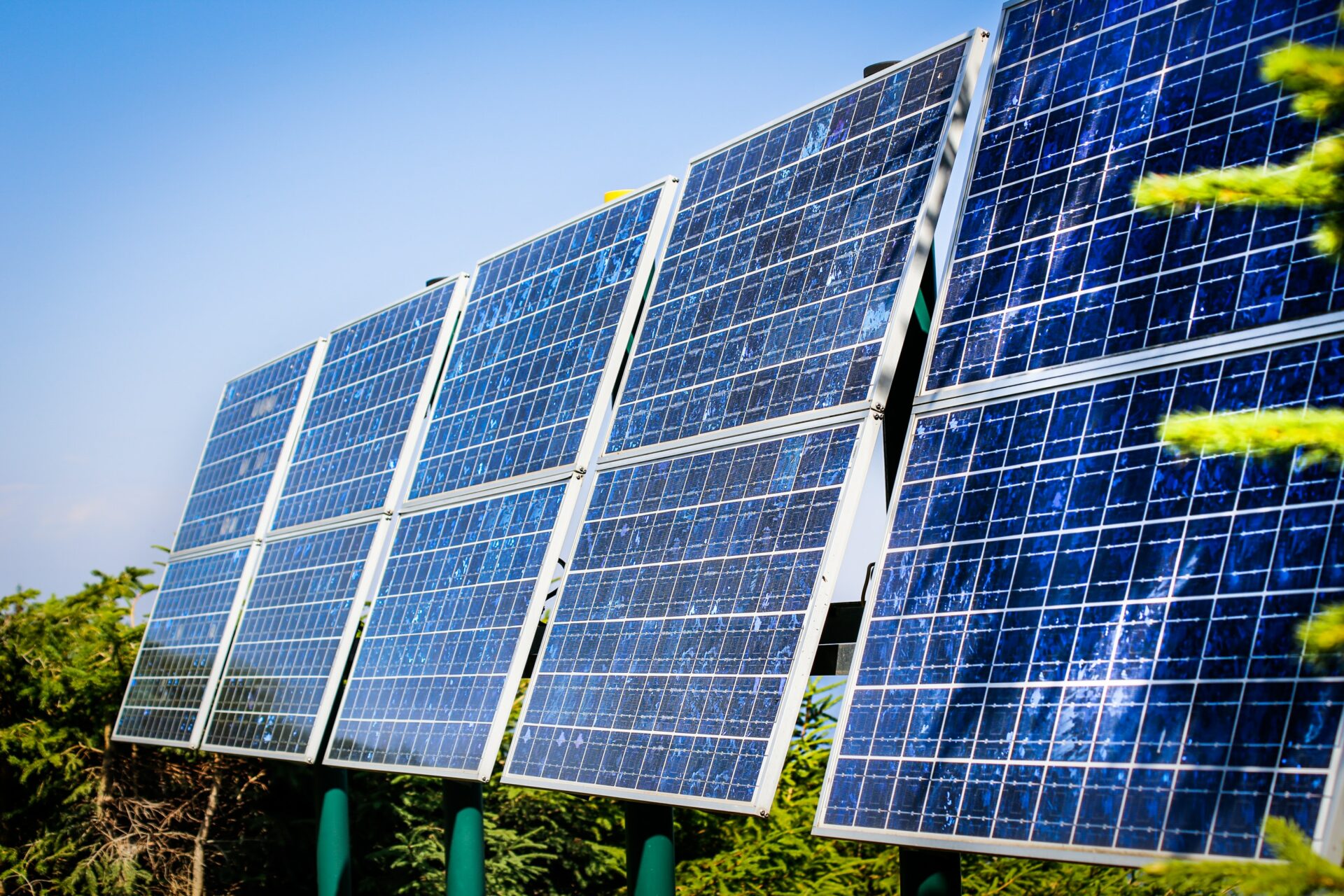A group of microbiologists at the Goethe University in Frankfurt have succeeded in using bacteria to control hydrogen storage and release it – which represents an essential step in the search for carbon-neutral energy sources in the interests of climate protection.
The fight against climate change searches for carbon-neutral energy sources ever more urgent. “Green” hydrogen, which is produced from water using renewable energy sources such as wind or solar power, is one solution that has high hopes.
However, the transportation and storage of this explosive gas is complex, and researchers worldwide are looking for chemical and biological solutions to this problem.
A group of microbiologists at the Goethe University in Frankfurt investigated an enzyme from deep-sea bacteria that allows them to bind hydrogen directly to CO2. This process is entirely reversible which can be applied to hydrogen storage.
Acetogenic bacteria living in the depths of the sea feed on carbon dioxide, which they metabolize with the help of hydrogen into formic acid. This is only an intermediate product in their normal life and is further digested into acetic acid and ethanol.
But a team led by Professor Volker Müller, head of the Department of Molecular Microbiology and Bioenergetics, adapted the bacteria so that it became possible not only to stop this process at the formic acid stage, but also to reverse it.
“The rates measured in bacteria to reduce CO2 to formic acid are many times higher than with other biological or chemical catalysts. In addition, bacteria do not require rare metals to catalyze or extreme reaction conditions such as high temperatures and high pressures: they do their job at 30°C and normal pressure,” Müller explains.
The new success of his scientific group was the development of a biobattery for storing hydrogen using these bacteria. For industrial or domestic hydrogen storage, a system is desirable in which bacteria first store hydrogen and then rerelease it in the same bioreactor, and as stable as possible over a long period.
Fabian Schwartz from Professor Müller’s laboratory has succeeded in developing such a bioreactor. He fed the bacteria hydrogen for eight hours and then put them on a hydrogen diet for a 16-hour phase overnight.
The bacteria then released all the hydrogen again. It was possible to eliminate the unwanted formation of acetic acid using genetic engineering processes.
“The system has been extremely stable for at least two weeks,” Schwartz explains. And Volker Müller noted on this occasion that as a result of climate change, his research had acquired a new important applied dimension.

